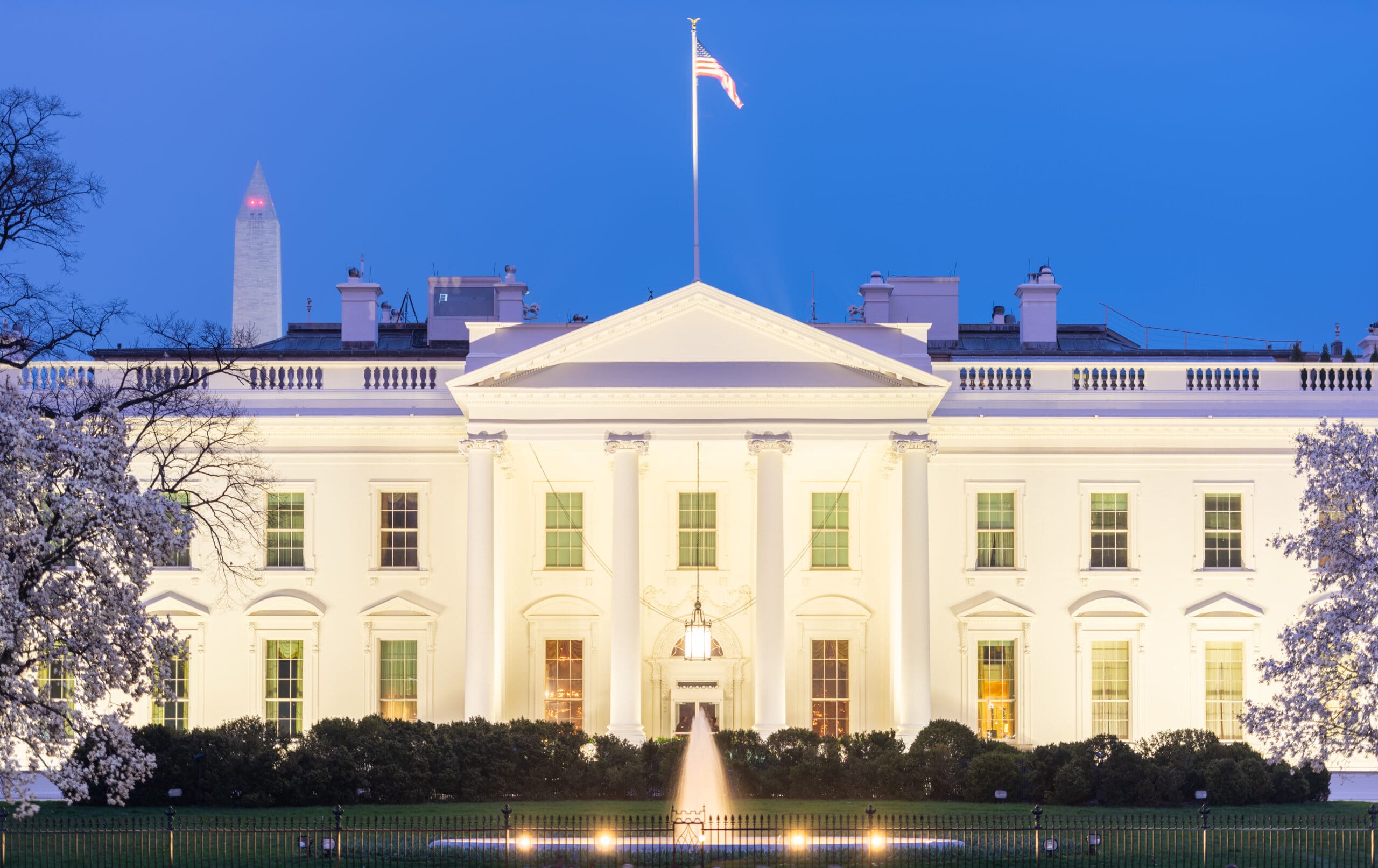Trump extends TikTok deal deadline, delaying a potential ban
President Trump on Friday granted TikTok another reprieve by announcing that he would extend the deadline for when the popular app had to make a deal to be separated from its Chinese owner, ByteDance, or face a ban in the United States.
TikTok, which had been facing a Saturday deadline for a deal, now has another 75 days to find a new owner to comply with a federal law that requires it to change its structure to resolve national security concerns. The new deadline for a TikTok deal is mid-June. This was the second delay by President Trump this year. He had first suspended enforcement of the law even though it was unanimously upheld in the Supreme Court. Trump’s latest move highlights the intractable dilemma that TikTok faces, as it has been scrutinized for years in the United States due to its Chinese connections. While lawmakers and U.S. government officials repeatedly questioned whether TikTok is secure, the app cemented itself as a cultural powerhouse, with over 170 million users who use it to create memes and share video. This week, Mr. Trump imposed a 34 percent tax on goods from China. Beijing retaliated on Friday with a 34 percent tariff across the board on imports from America. Mr. Trump has suggested that he would lower the China tariffs in exchange for an app deal, which would require the approval of the Chinese government.
The delays also raised questions about Mr. Trump’s willingness to put presidential power before the rule of law. The federal law passed last year, which aimed to change TikTok’s ownership or ban the app, was widely supported by both parties and went into effect in January following the Supreme Court ruling. For now, it is certain that TikTok will remain in the United States. In January, the app briefly went dark around the time the federal law took effect, before flickering back to life.
ByteDance on Friday acknowledged for the first time that it has been involved in the TikTok negotiations with the U.S. government.
“There are key matters to be resolved,” a spokesperson for ByteDance said in an email. “Any agreement is subject to approval according to Chinese law.” The law stipulates that no more than 20% of TikTok, or its parent company, can be owned by individuals or corporations from so-called foreign enemy countries. This list includes China. Vice President JD Vance who was appointed by Mr. Trump to oversee the deal negotiations, stated on Thursday that a deal would be imminent. Amazon has submitted a bid for the entire company. However, speculation in recent weeks focused on a scenario whereby existing U.S. shareholders in ByteDance could roll their stakes over into a new, independent global TikTok firm, and that additional U.S. stakeholders would be brought on. It is not clear if that type of arrangement would satisfy either the law or the policymakers pushing for it. The law is explicit. “The law is explicitly clear.”
A group of Republican lawmakers on two House committees — one focused on China and competition and the other on energy and commerce — said in a statement Friday that “any resolution must ensure that U.S. law is followed, and that the Chinese Communist Party does not have access to American user data or the ability to manipulate the content consumed by Americans.”
“We remain committed to enforcing the framework established by Congress to safeguard the American people,” said the group, which included Representative John Moolenaar, Republican of Michigan, who chairs the committee on China.
The concerns about TikTok’s Chinese ownership have been brewing for years. Intelligence officials and lawmakers have argued that ByteDance could hand over sensitive U.S. user data to Beijing, like location information, based on laws that allow the Chinese government to secretly demand data from Chinese companies and citizens for intelligence-gathering operations. They have also claimed that China could use TikTok’s content recommendations to fuel misinformation, a concern that escalated in the United States after the start of the Israel-Hamas war and during the presidential election.
TikTok has long pushed back on Washington’s concerns and sought to address them without a sale. It has claimed that it has never misused or spread propaganda on behalf of Beijing in the United States. But despite a multibillion dollar security effort that sought to give the American government unique oversight of TikTok’s operations, the company could not win the trust of Washington.
Lindsay Gorman, the managing director of the technology program at the German Marshall Fund and a technology adviser under the Biden administration, said the Trump administration’s support for the app was a win for China.
“That is the purest victory out there — that a democratic country that’s supposed to be a nation of laws is declining to enforce it on pressure from a foreign government and its corporate intermediaries,” she said.
The law bars technology companies from distributing or updating TikTok under the threat of serious financial penalties. Apple and Google removed TikTok from their app stores for nearly a month until they received assurances from the Justice Department that they would not face fines for carrying TikTok in the stores.
Lawmakers have suggested that those companies could face shareholder lawsuits in the future, if they continue to distribute and host TikTok in the United States under the current administration.
Akamai Technologies, a Massachusetts-based company that helps deliver TikTok videos to phones, recently updated the risk factors in its annual filing to note that, “even though President Trump has extended the enforcement deadline for a ban on the Chinese application, there is no assurance that we will not be exposed to liability.”
David McCabe contributed reporting from Washington.






